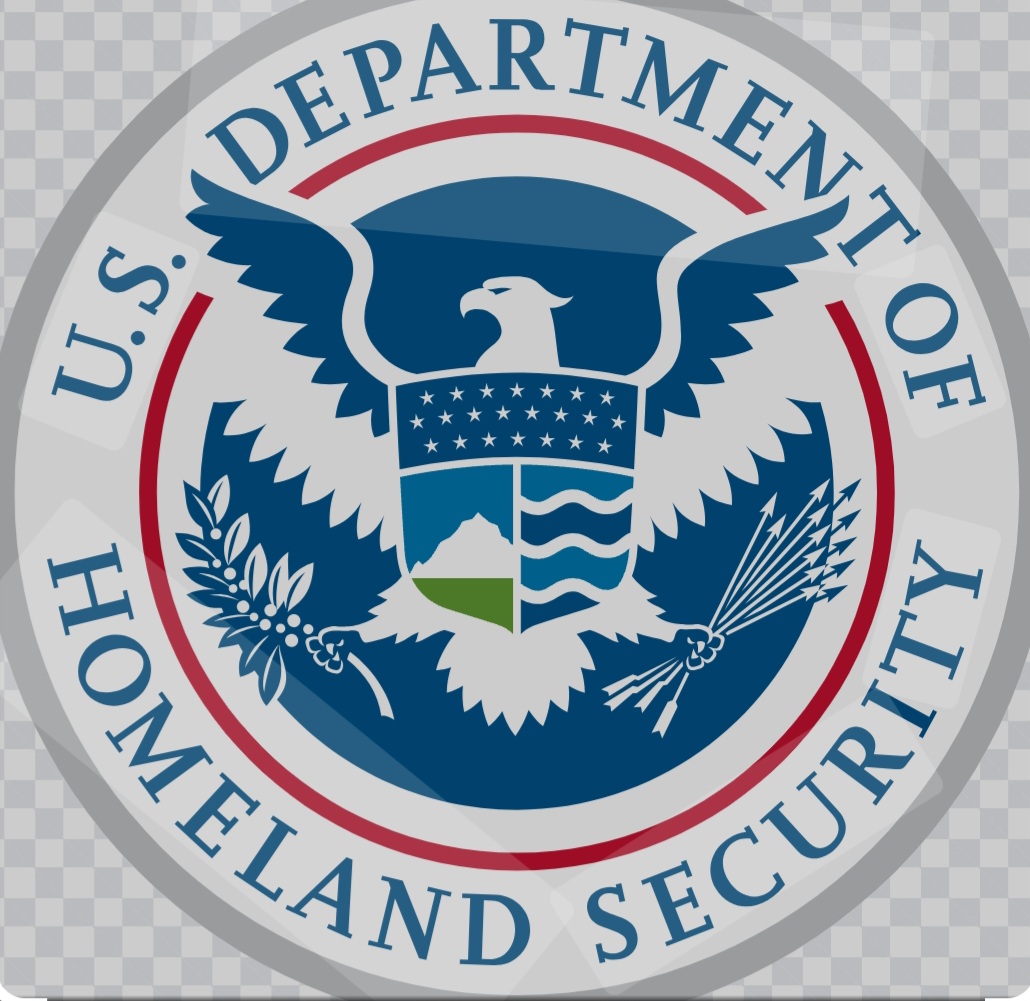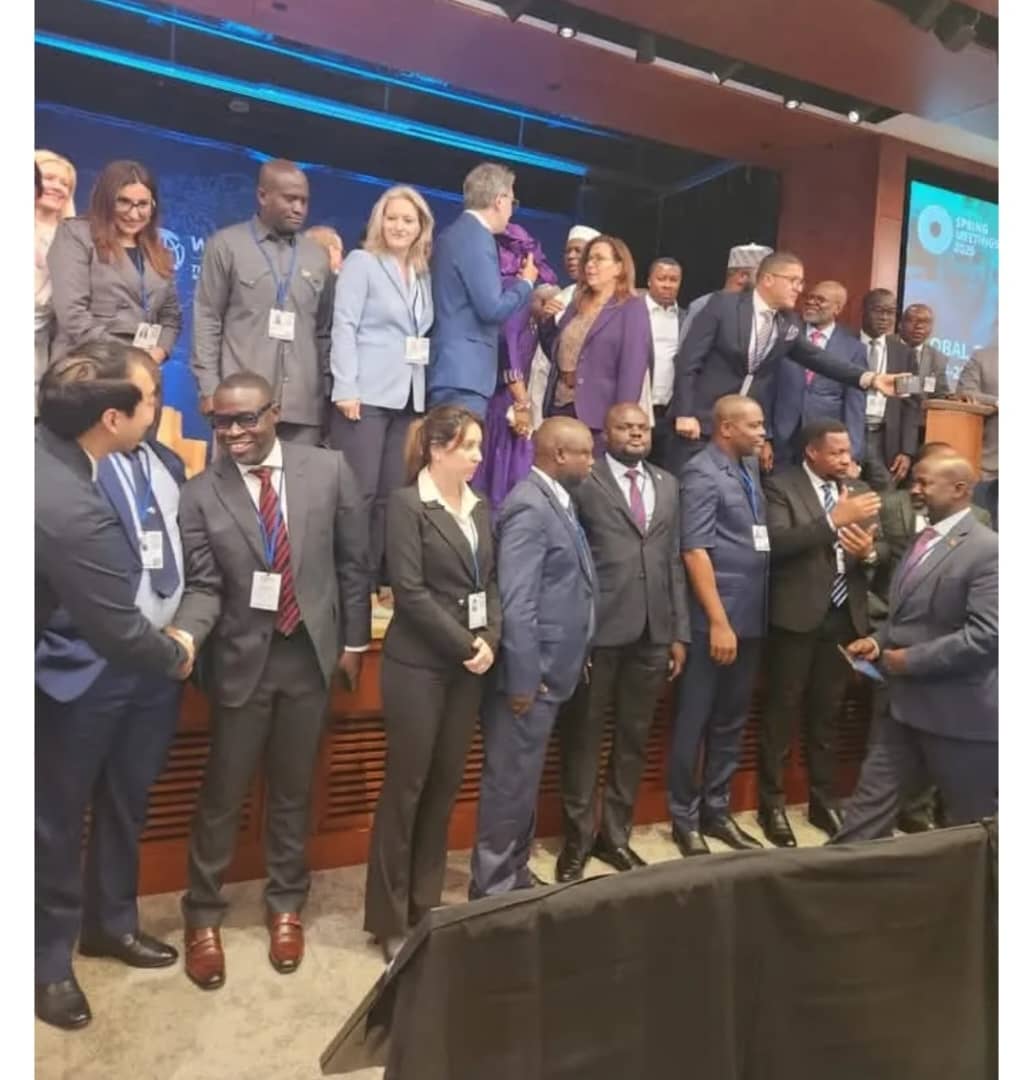By: Elizabeth A. Kaine
In a recent report released by the US Department of Homeland Security, which was presented to the ranking members of the House Intelligent ranking members, the data indicate that the reason for the high visa denial rate at the US embassy accredited near Freetown is because one in two Sierra Leonean who is issued a visiting visa do overstay their visa.
According to U.S. Customs and Border Protection (CBP), nearly half of the Sierra Leoneans issued B-1/B-2 nonimmigrant visas in Fiscal Year 2022 did not return to Sierra Leone as required. Specifically, 90.34 percent of these visa holders overstayed their authorized period in the U.S. While the situation is somewhat better for Sierra Leoneans on nonimmigrant student visas, it remains concerning, with 31.05 percent failing to return. Overall, the non-return rate across all visa categories for Sierra Leoneans is a staggering 90.34 percent.
These findings were detailed in the Fiscal Year 2022 Entry/Exit Overstay Report prepared by the U.S. Department of Homeland Security and last updated on June 21, 2024. The report, which highlights overstay rates among nonimmigrant visitors to the United States, provides a comprehensive breakdown of visa categories and countries of origin, including Sierra Leone.
In FY 2022, 1,394 expected departures of nonimmigrant visitors from Sierra Leone who entered the U.S. through air and sea ports of entry were recorded. Alarmingly, the overstay rate for Sierra Leonean nationals stood at 54.45 percent, indicating that more than half of those expected to leave the U.S. within the authorized period failed to do so.
The report further reveals that 62.31 percent of Sierra Leonean visitors remained in the United States beyond their authorized period without evidence of departure, extension, or status adjustment, classifying them as suspected in-country overstays—a term used by U.S. authorities to describe individuals who remain in the country without legal authorization.
The report was submitted to raking member of the United States Congress – both House of Representatives and Senate by Alejandro K. Mayorkas, secretary of Homeland Security.
Mayorkas said identifying noncitizens who overstay their authorized periods of admission is important for national security, public safety, immigration enforcement, and maintaining the integrity of the immigration benefits system.
He said over the years, CBP has significantly improved data collection processes in the entry and exit environments. These improvements include the collection of data on all admissions to the United States by foreign nationals, reduced documentation for entry to the United States, collection of biometric data on most foreign travelers to the United States, and comparison of data against criminal and terrorist watch lists.
These statistics could have significant implications for future Sierra Leone travelers. The U.S. Department of Homeland Security may impose stricter scrutiny on Sierra Leone nationals seeking entry into the United States. This could also explain why Sierra Leone ranks 4th on the U.S. Department of State’s list of countries with the highest visa rejection rates for the 2023/2024 period, with a rejection rate of 67 percent.
For many Sierra Leoneans, the prospect of opportunities in the United States remains strong. However, with increased scrutiny from U.S. immigration authorities, the path to achieving the American Dream may become even more challenging for those aspiring to build a life in the United States. The situation is such that non B1/B2 categories are also coming under serious scrutiny. The waiting time for immigrant visa is longer and more cumbersome because of the increased scrutiny from DHS.






